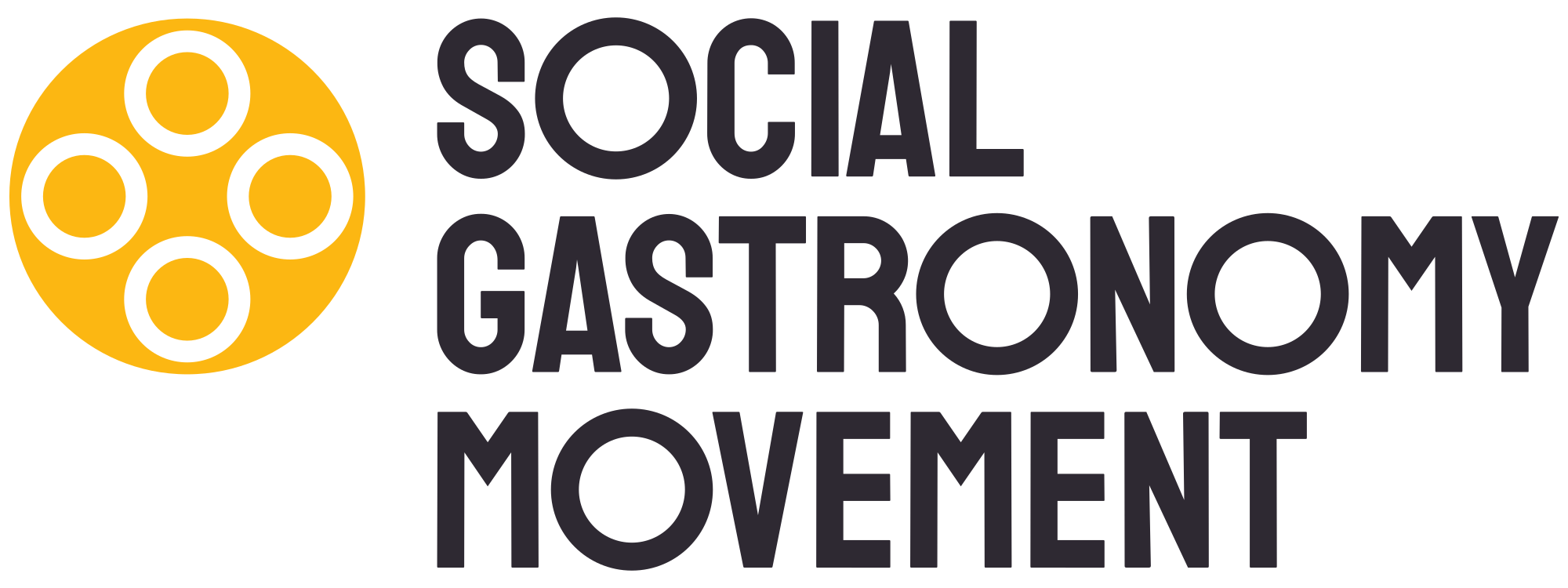Together, we rise - Women's Bakery, Rwanda
The Women’s Bakery was started by two entrepreneurial women who, during their time as Peace Corps Volunteer in Rwanda, became aware of the lack of opportunity for local women. When they found their neighbors curious about what they were baking at home, and they soon started teaching women how to make bread and to sell it for an income. A couple of years after their Peace Corps experience, they launched the Women’s Bakery (TWB), a network of bakeries in East Africa, that sells affordable, nutritious bread and employs local women. TWB’s mission is to empower local women financially and socially by creating access to opportunity. They provide women with business education, life skills, and applied baking and nutrition skills.
“We exist to empower women.”
TWB flagship store in Kigali is provides a beautiful and quiet space for a nice break, catching up with friends and working, for the Kigali residents
All bread is made with locally-sourced ingredients and naturally fortified with milk, eggs and sometimes vegetables. The Kigali flagship store sells beetroot brownies, pumpkin bread, sweet potato buns, and carrot muffins among many other delicious items. Bakeries in rural and peri-urban areas focus on more affordable white bread which is still high in protein content when compared to chapatis.
Highly nutritious bread that women sell at the Kimironko market
Avocado and egg sandwich with sweet potato buns, beetroot brownie and freshly brewed coffee from Question Coffee are available at their Kigali flagship store, among many other delicious items
TWB’s initial goal was to train women so that they would eventually go out and set up their own businesses. However it was soon realized that these women, often coming from financially underprivileged background, preferred having a regular and stable employment over running their own businesses. TWB thus had to adjust their goal and business model - launching and managing bakeries themselves and hiring women whom they have trained instead of helping women start their own businesses. TWB has launched 8 bakeries in East Africa so far - two in Tanzania, five in Rwanda, and one in Uganda. Three bakeries in Rwanda are directly managed by the Women's Bakery while the rest are operated and managed by its partnering organizations.
Currently about 40 women are working with the three Rwanda branches directly managed by TWB. Once recruited, these women went through over 150 hours of training on topics including baking, marketing, sales, inventory management and basic accounting. While the distribution and operation models look different in each bakery, most women have been trained in both baking and sales so that they can jump across their roles when help is needed.
“One of the women who has been working at the bakery for about two years just bought a smartphone. For us the absence of poverty means the creation of choice. These women being able to decide how they want to spend their money, more than just fulfilling their basic needs, is a proof that their lives are improving.”
- Rachel Carroll, Program Manager, The Women’s Bakery
To measure its impact TWB has set up a rigorous monitoring and evaluation framework: It conducts a baseline survey at the launch of a bakery and mid-term surveys every 6 months, collecting 114 units of data points around poverty and income growth of women, and nutrition. Focus group discussions are held to further understand how the new bakery jobs have changed the women’s lives. In 2017, they had served 805,966 grams of protein and sold 115,132 bread pieces sold in Kigali bakery. They have discovered that women’s income at least double almost immediately after starting to work at the bakeries.
TWB realised that one of the best ways to achieve impact on a transformative scale, will be to be financially sustainable. Their current focus is to prove their model from both an impact and financial perspectives to ensure it is sustainable and can be replicated. They are testing a franchise model in Uganda which could be a long term solution for the region.
From left: Francoise Umutoniwase, Kigali Flagship Operations Manager and Rachel Carrol, Kigali Flagship Program Manager
February 23, 2019
Contributed by Alice Schaus and Yoori Kim





